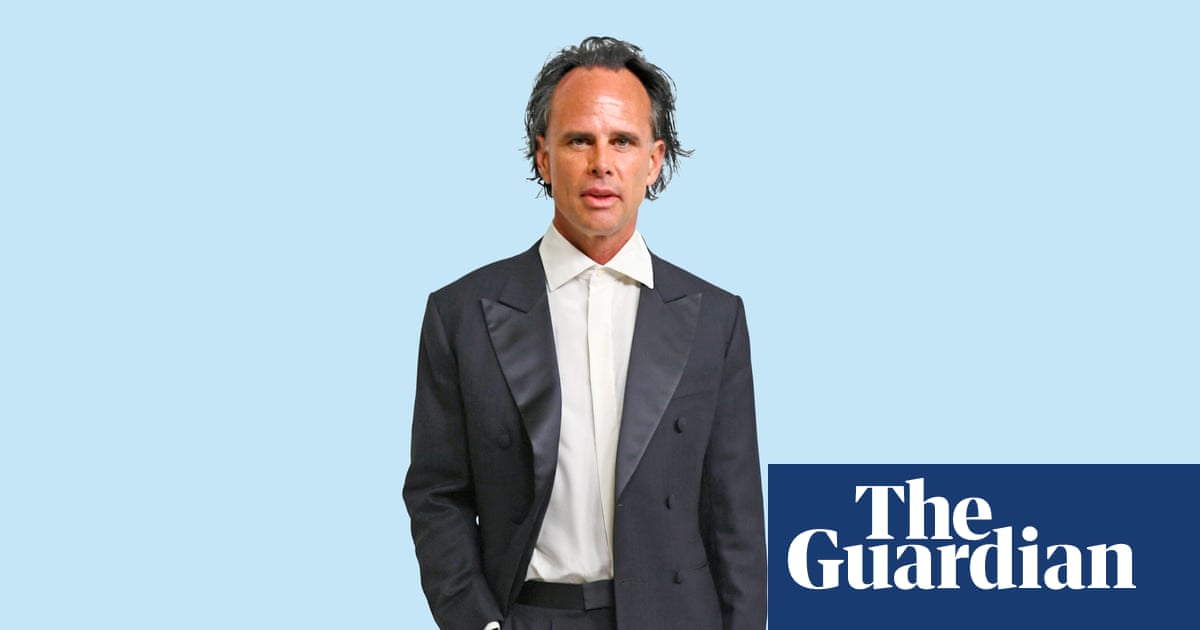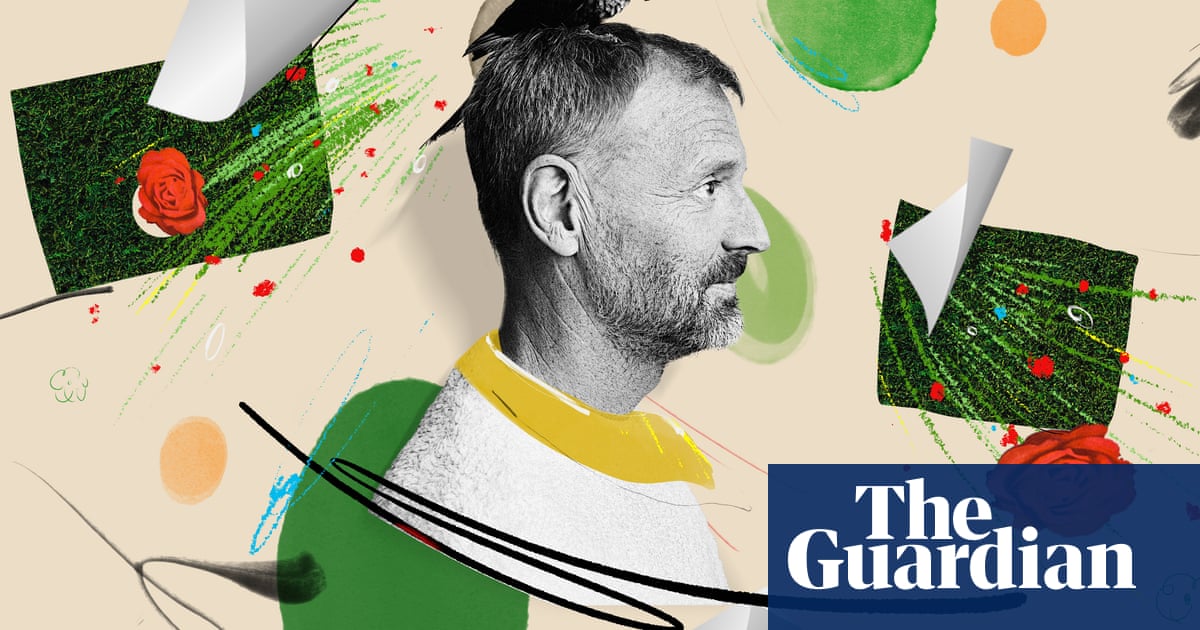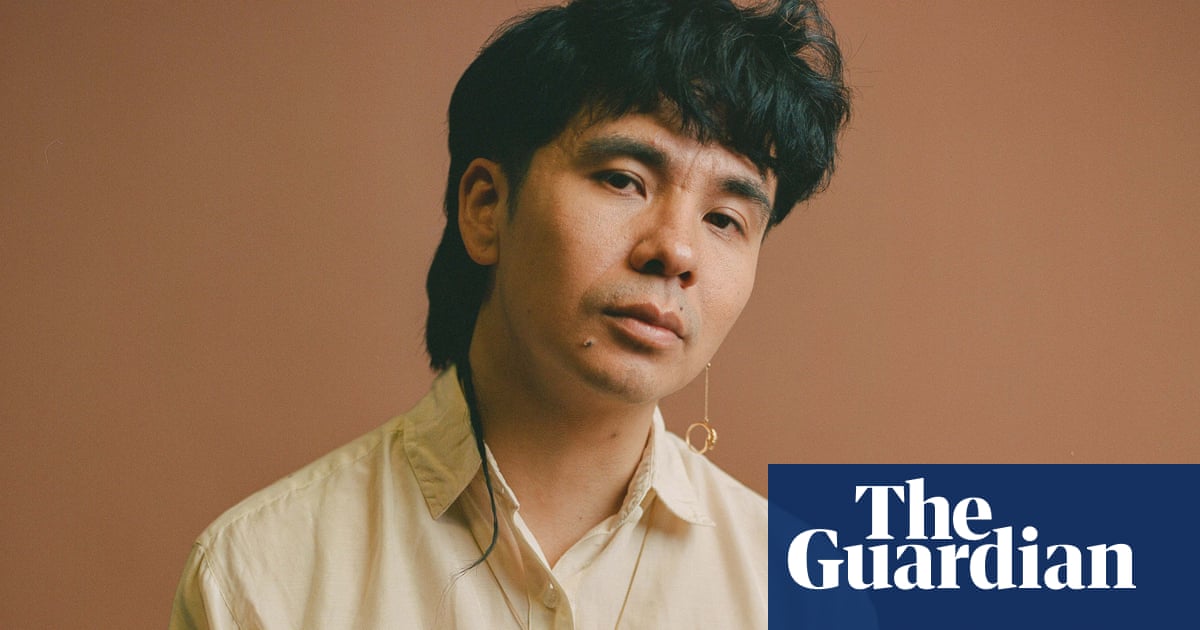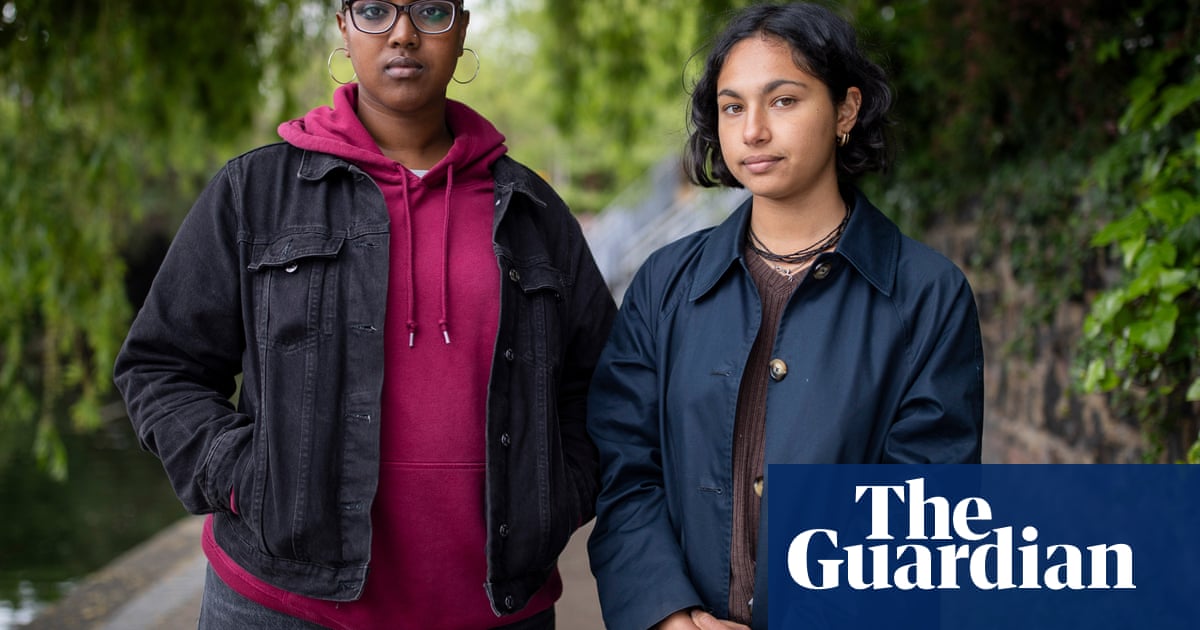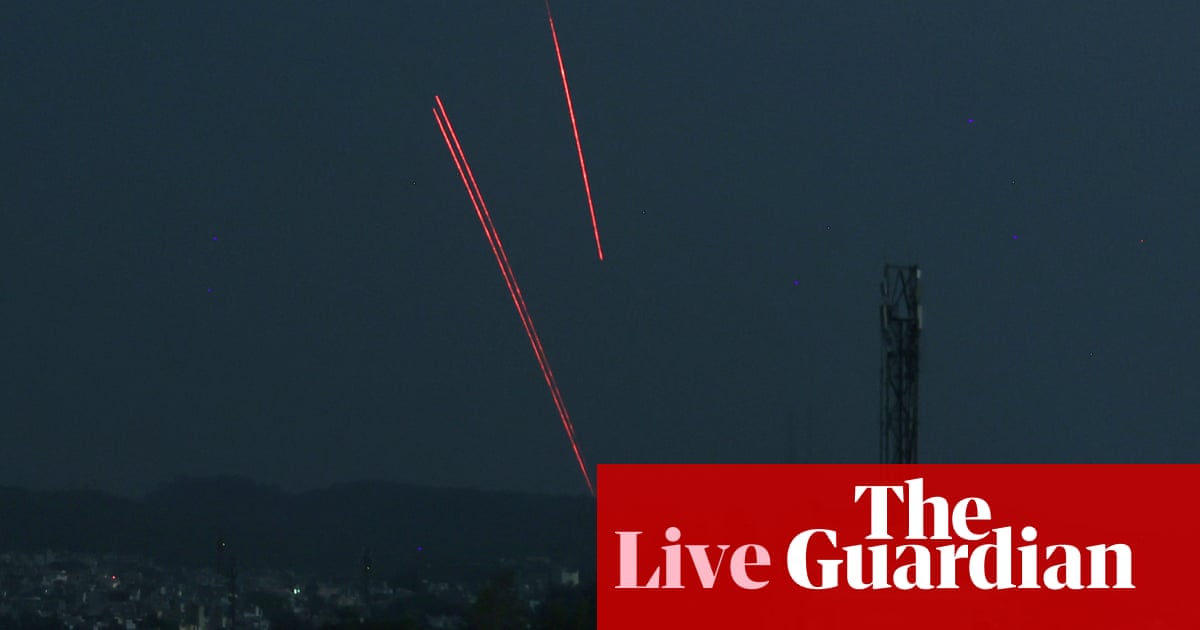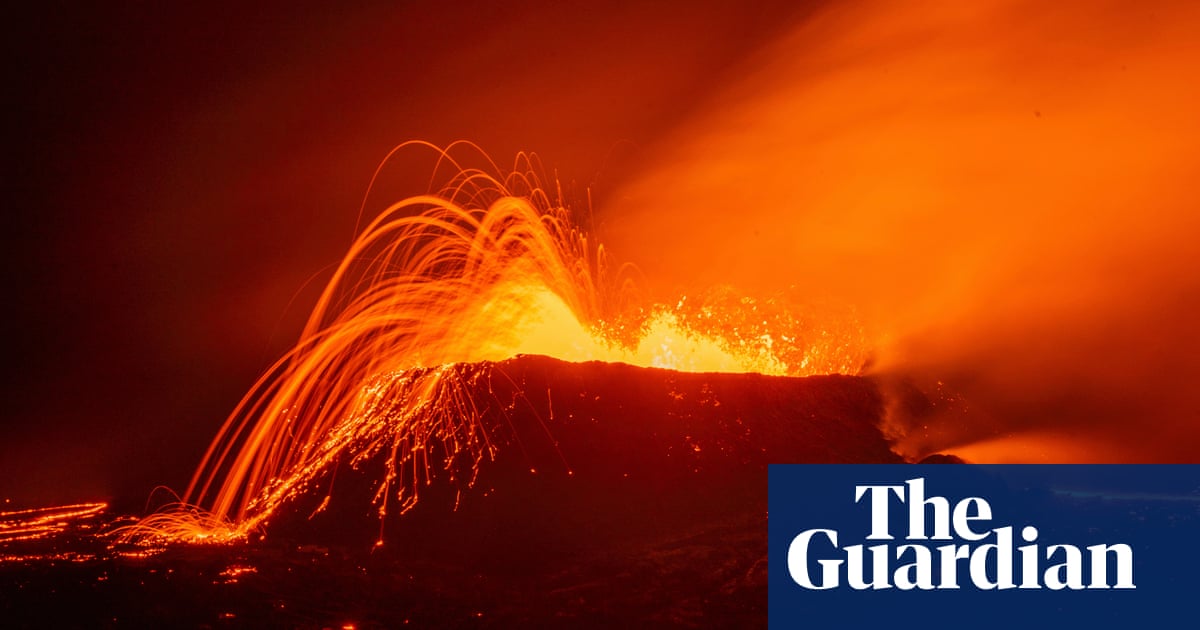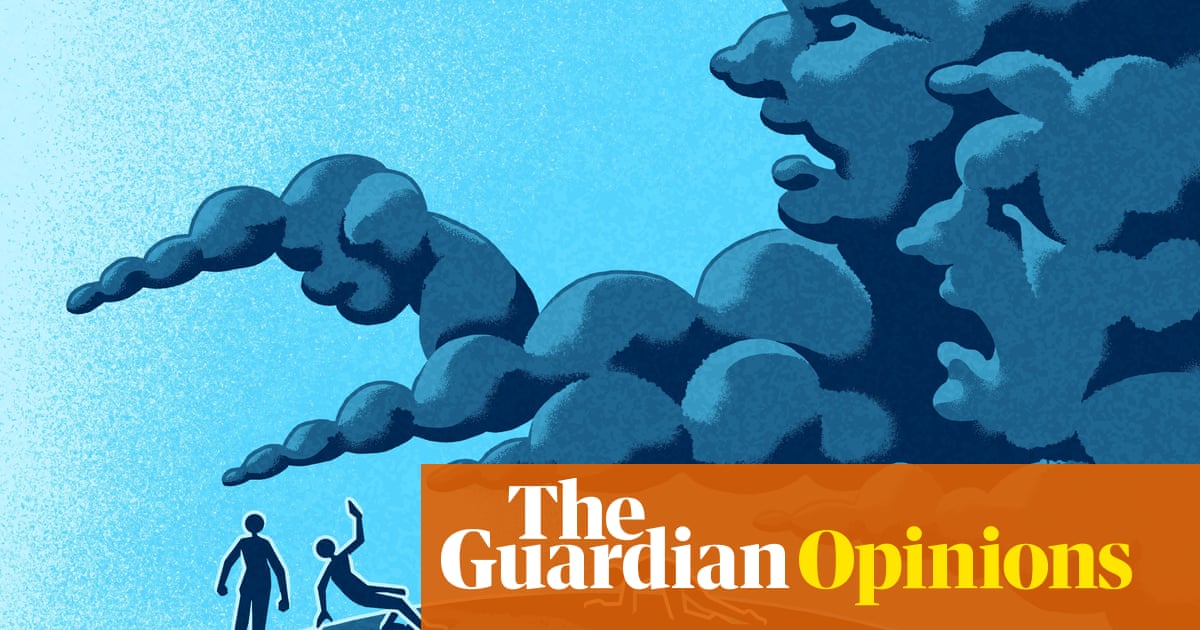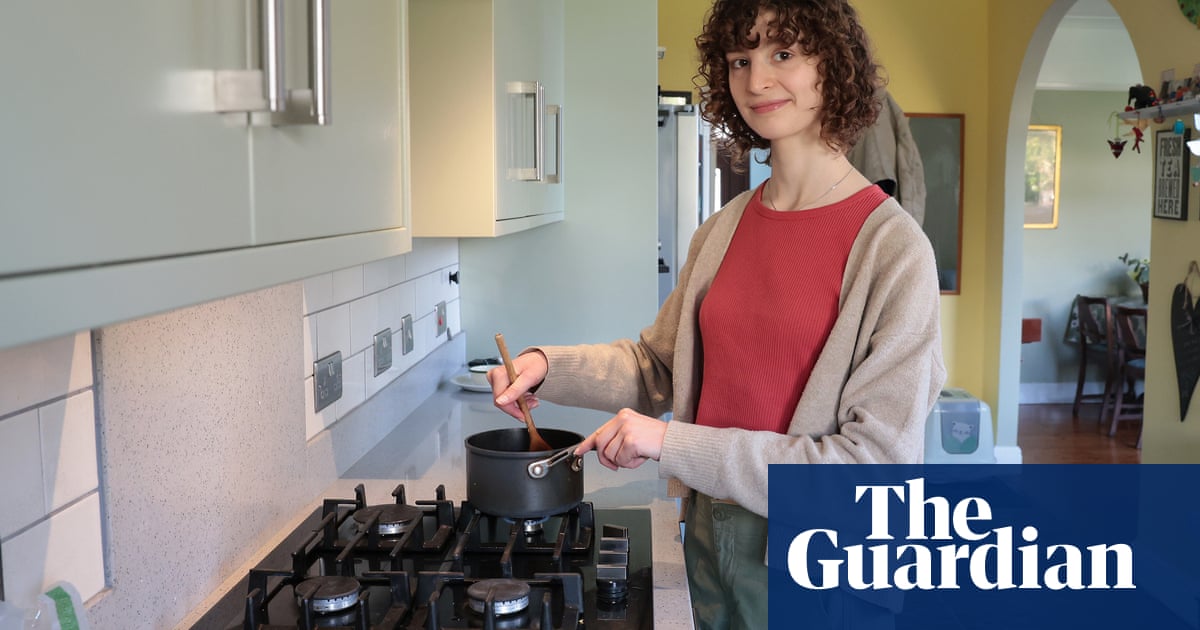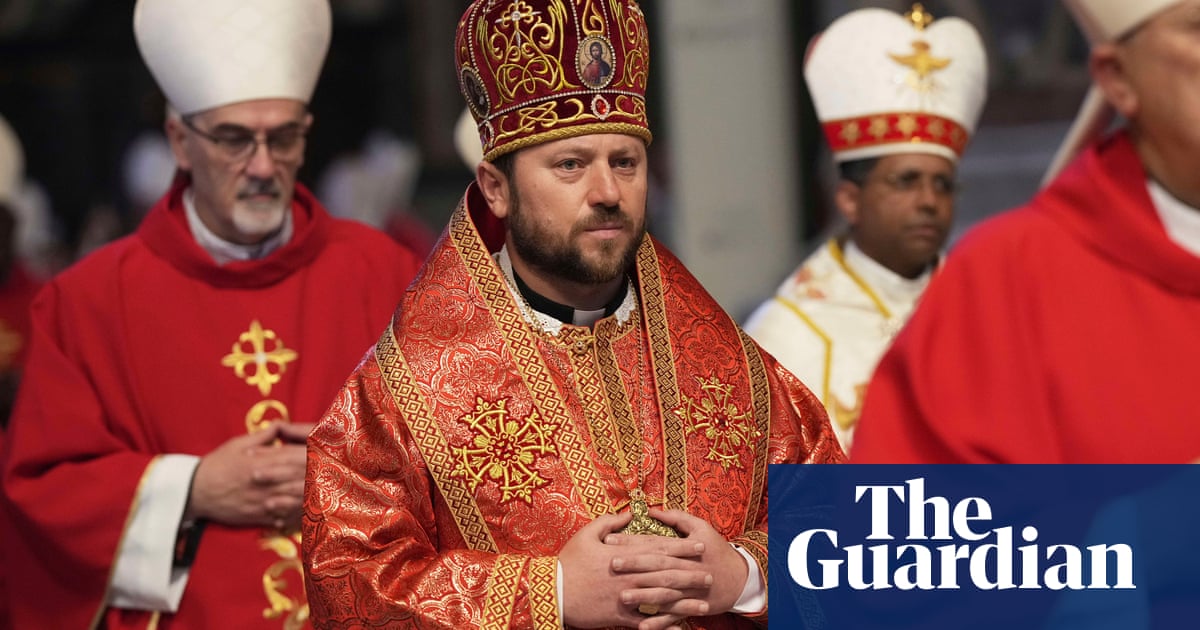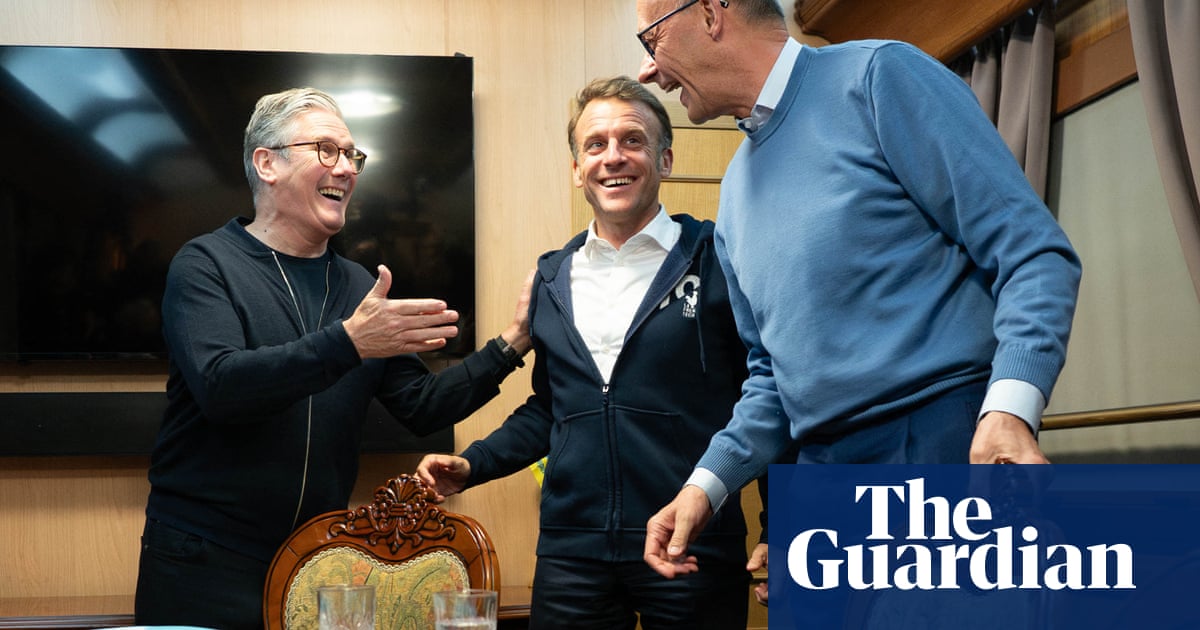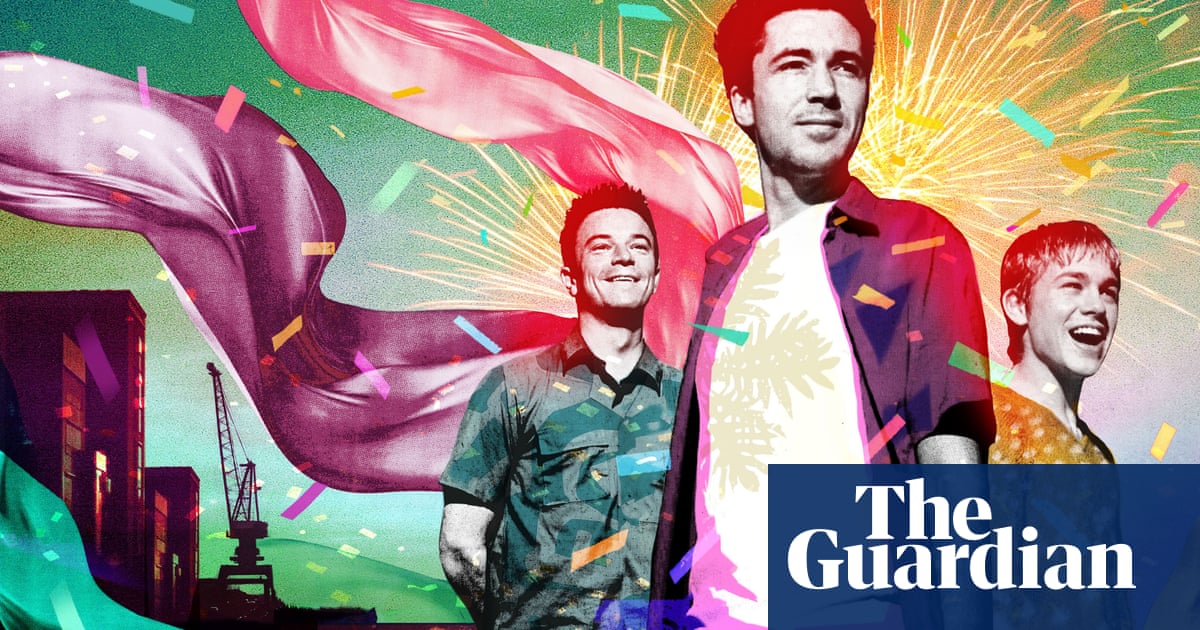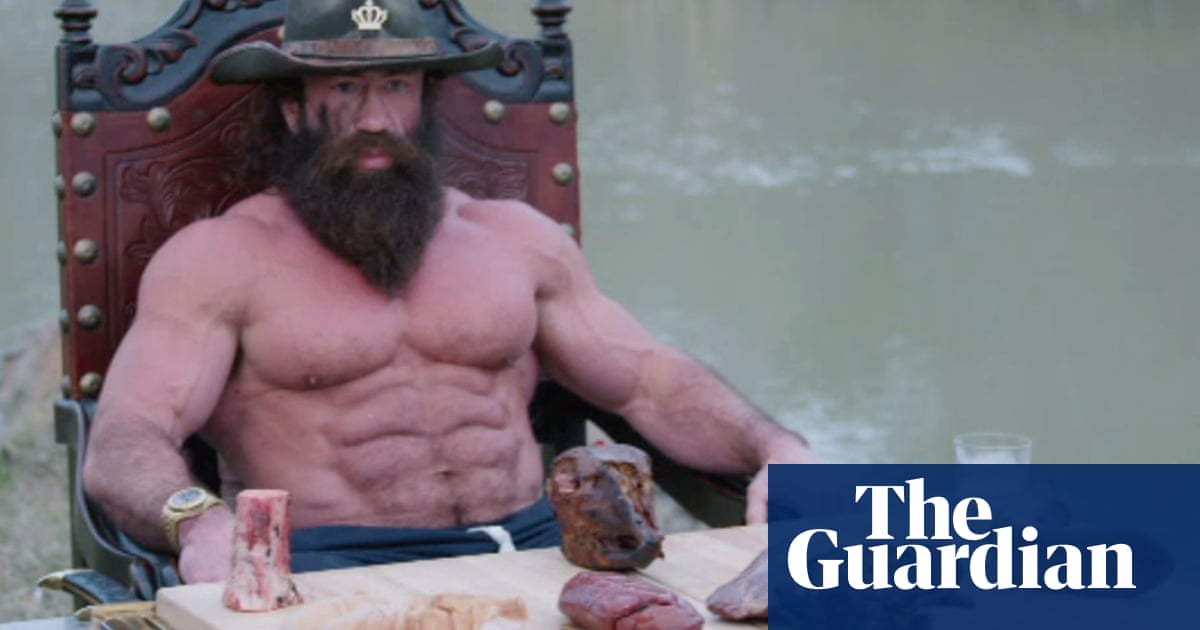That uniquely valuable British writer and independent film-maker Chris Petit, creator of downbeat classics such as Radio On from 1979 and An Unsuitable Job for a Woman from 1982, may not these days find it easy to get an outlet for his work; this would be appear to be his first feature credit for 15 years. But he and co-director, editor and partner Emma Matthews have emerged with a deeply personal movie: painful, complex, challenging and engaging.
Petit and Matthews riff and free-associate on the themes of memory, memory-loss and the moving image on video and celluloid, but at the centre of this is an urgent story from their own lives. In his early teens, their son Louis, now 22, a talented artist and musician, began to have epileptic seizures that wiped out his memories of childhood; some of these were of the type nicknamed “Alice in Wonderland” syndrome because of the resulting misperceptions of time and space – though these were scary, oppressive and brutal experiences very different from the beguiling world of Lewis Carroll.
The heartless medical bureaucracy in the UK was unable to help, one consultant even advising Louis’s parents simply to “grieve for the child he once was”. But medical cannabis of the sort the NHS refuses to provide, and which they now source in Europe means his seizures have stopped, although paying for it is still a constant worry.
Using a third-person voiceover narrative read by Jodhi May, and home videos taken by Louis’ parents showing the upsetting reality of his seizures, as well as clips from early cinema, Petit and Matthews try to negotiate a creative way through this agony, relating Louis’ courageous engagement with his incomplete personal history to their own continuing projects, and making Louis’ story part of their own psychogeography.
Petit appears to be working on a film project connecting the occult worlds of US author William Burroughs and James Jesus Angleton, CIA chief in the postwar period – and now connecting Louis with them. Burroughs brooded on the concept of a “pre-recorded universe”, a master tape of reality somewhere beyond our immediate perception, of which our actual experiences are fragmented and realigned versions, and this might indeed relate to Louis’ experience. With his hat and glasses, Petit does look a bit like Burroughs.
As for Angleton, he was the shadowy figure behind all sorts of hidden black operations and dirty tricks, including experiments in LSD – and this, too, resonates with Petit’s detestation of the medical-pharmaceutical complex that let down his son. I have to point out that Petit’s interest in conspiracy theories is of an innocently liberal pre-Maga form, the second-shooter JFK kind not the anti-vaxx kind, although I am not sure I agree when the film’s narrator says “everyone knows” that big pharma “is in the lethal addiction business”. Those of us glad of our anti-Covid vaccines take a different view, but of course the narration is not straightforwardly the director’s voice.
The film shows us Chris and Louis going on trips together to Finland and the frozen north, ostensibly to scout locations, but perhaps also – or in fact mainly, or solely – as a bonding exercise, part of the continuing reconnection. It is a tender and emotional family portrait.

 3 months ago
47
3 months ago
47
